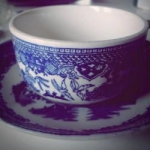For the women of the Kihnu and Manija islands in Estonia, being independant isn’t merely an option- it’s a way of life. For centuries the culture of the islands had revolved around fishing- which the men do for long periods at a time. This leaves the women on their own to take care of everything on their farms and in the villages. Because women manage so much here some have called this society one of the last matriarchal societies in all of Europe.
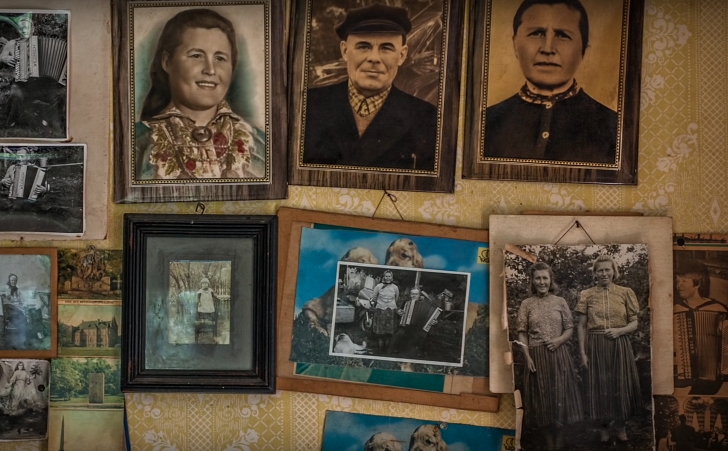
Women there have to fix anything that breaks, from roofs to tractors to plumbing. But, these women not only have to maintain the equipment. Being so remote they also have to tend to the livestock that provides their food and material goods- making cheese, tanning hides, and harvesting wool. In addition to being keepers of the land, Kihnu women are also keen artists with a rich tradition of weaving, embroidery, and knitting. Their traditional garb is a colorful mix of store-bought calico and intricate homemade designs.
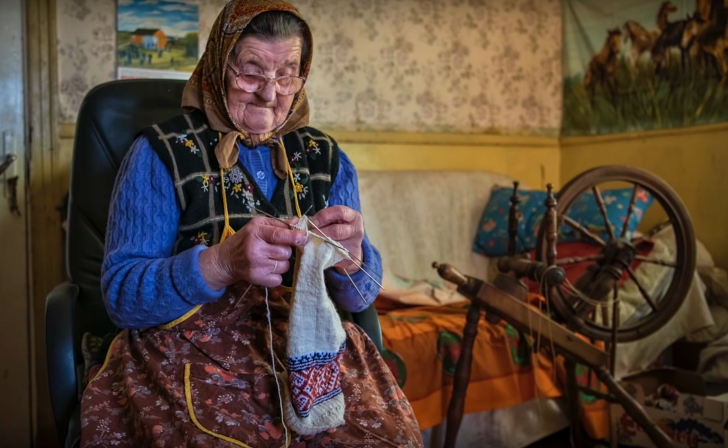
After spending long periods with only the company of women when the men do return from fishing the society defaults to a segregated one in which women primarily spend time women and men with men. At the age of 60 a Kihnu woman begins preparing her own funeral, including making the clothes that will be worn for her final public appearance.
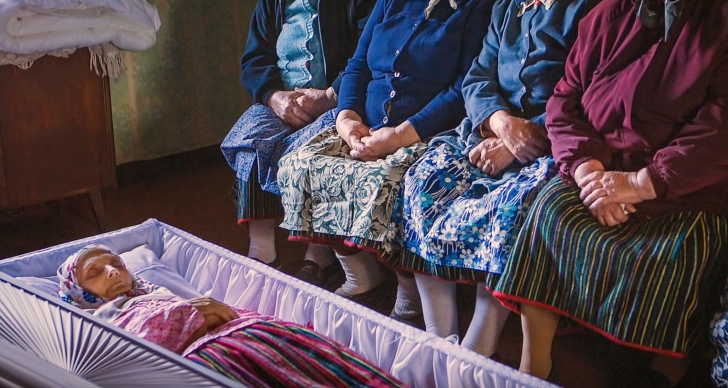
The traditions held on the islands are part of the UNESCO World Heritage list of cultural spaces. As with many traditional cultures these customs are in danger of being lost as many of the younger people are leaving the islands for better work and education opportunities elsewhere. For now the island has a high population of older people, with few youngsters around.
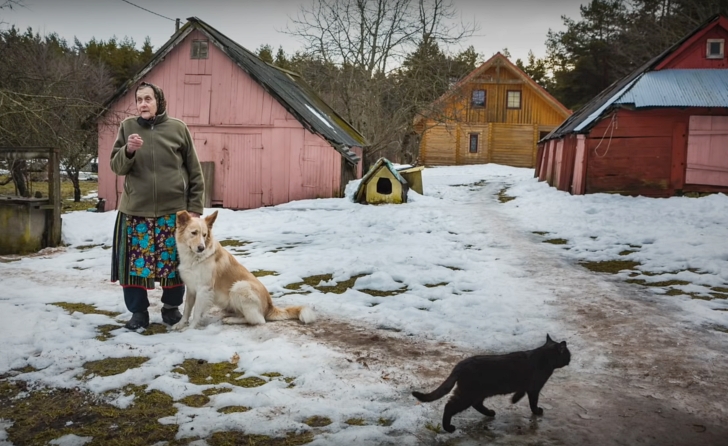
Explore the island life of the last European matriarchy in the clip below.
SKM: below-content placeholderWhizzco for DOT

